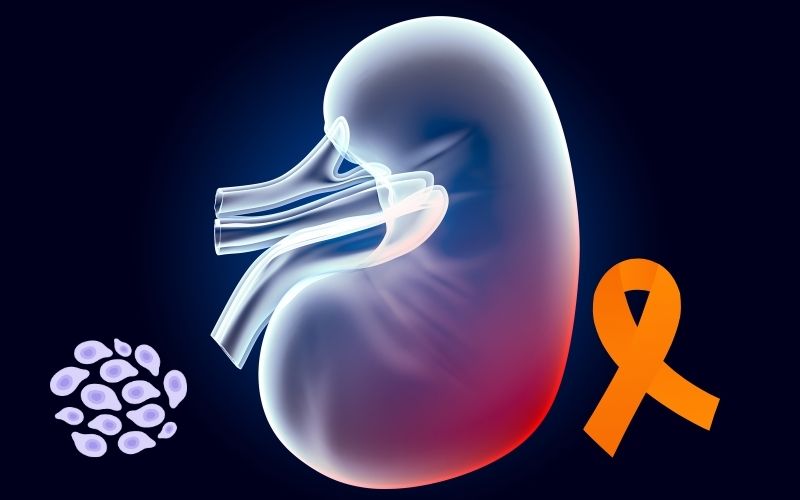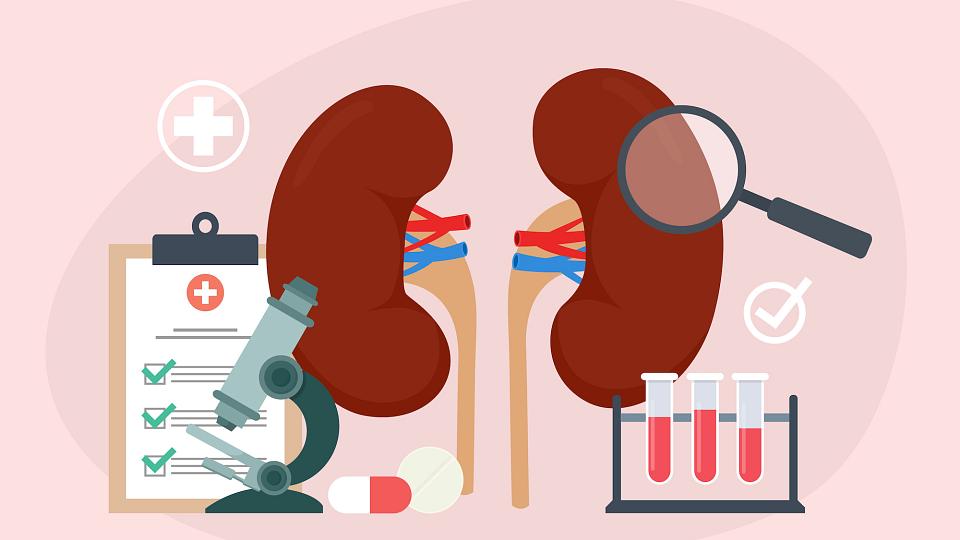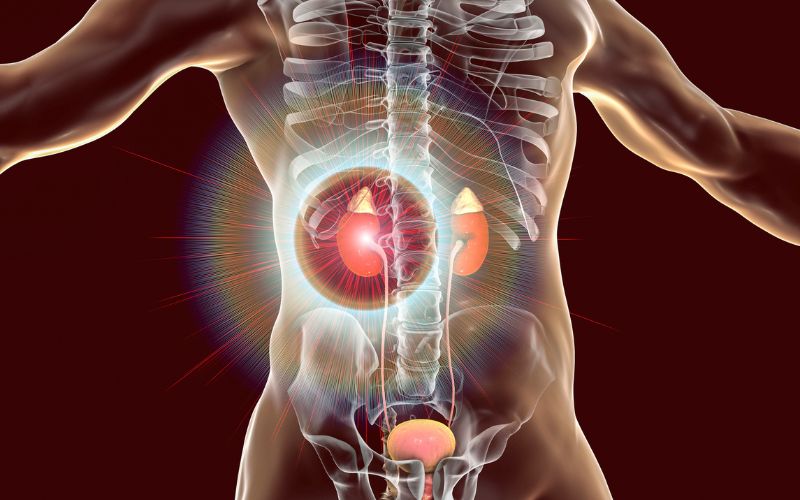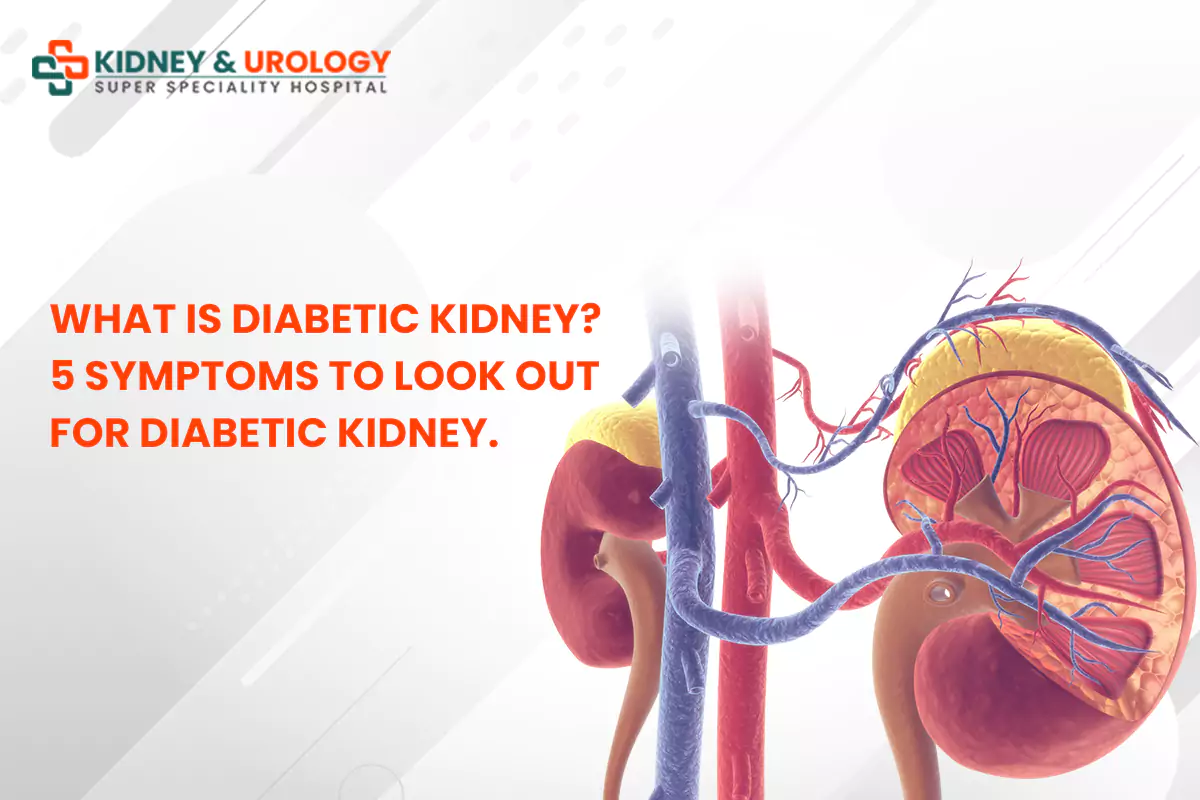What is Renal Cell Carcinoma or Renal Cancer Treatment in Haryana
Renal cell carcinoma (RCC) is the most common type of kidney cancer seen in adults. It accounts for nearly 85% of all kidney cancer cases. RCC begins in the tiny filtering units of the kidney called nephrons, more specifically within the lining of the small tubes in the kidney. These tubes are responsible for cleaning the blood and making urine. When cancer starts here it often grows silently. That’s why early detection is difficult and treatment becomes critical
The kidneys are vital for removing waste and controlling blood pressure. They also help in balancing electrolytes. Any disruption caused by cancer can affect multiple body systems. This article explains what RCC is, what causes it, its types, stages, and available renal cancer treatment in Haryana.
What is Renal Cell Carcinoma?
Renal Cell Carcinoma is a cancer that originates in the renal cortex — the outer part of the kidney. Unlike other cancers, RCC often develops without symptoms in its early stages. Many people discover it accidentally during imaging scans for unrelated issues. The tumor may grow slowly or rapidly depending on its type and stage.
The term Renal Cell Carcinoma combines three elements:
-
Renal : relating to the kidneys
-
Cell : referring to where the tumor begins
Common Causes of Renal Cell Carcinoma
The exact causes of RCC remain unknown in many cases. However, some known renal cell carcinoma causes and risk factors include:
-
Smoking : Nicotine harms kidney cells, increasing mutation risks.
-
Obesity : Fat tissues alter hormone levels, impacting kidney function.
-
High blood pressure : Over time, it damages kidney tissues.
-
Genetic conditions : Like Von Hippel:Lindau disease.
-
Long-term dialysis : May increase cell stress and mutation chances.
-
Family history : A close relative with kidney cancer can raise your risk.
Stages of Renal Cell Carcinoma
The renal cell carcinoma staging helps doctors plan treatment. It also helps predict recovery chances. Here’s how the stages are usually classified:
-
Stage 1: The tumor is small (less than 7 cm) and confined to the kidneyStage 2: The tumor is larger than 7 cm but still within the kidneyStage 3: The cancer has spread to nearby lymph nodes or veins.Stage 4: The cancer has spread to other body organs.
Classification: Types of Renal Cell Carcinoma
Doctors classify RCC based on the type of kidney cells that turn cancerous. The most common types include:
-
Clear cell RCC : Most common; appears light or clear under a microscope.Papillary RCC : Second most common; forms finger-like projections.Chromophobe RCC : Rare but usually slower growing.Collecting duct RCC : Very rare and aggressive.Unclassified RCC : Tumors that don’t fit any specific group.
Each type behaves differently, so a correct stages of cancer kidney diagnosis helps in personalized treatment.
Diagnosis and Tests
To confirm RCC, doctors recommend tests such as:
-
Ultrasound : To check for kidney abnormalities.CT or MRI scans : To examine tumor size and spread.Urine tests : To detect blood or abnormal cells.Blood tests : To check kidney function and cancer markers.Biopsy : In selected cases, to examine a tissue sample.
Early detection helps reduce complications. Many kidney hospitals in Haryana now use advanced imaging tools to catch cancer at an earlier stage.
Renal Cancer or Renal Carcinoma Treatment in Haryana
The treatment of RCC depends on the tumor’s size, type, and how far it has spread. Some of the most effective options for renal cell carcinoma treatment include:
-
Surgery
Surgery is the primary option in early and mid-stage RCC. Procedures include:-
Partial nephrectomy: Removes only the tumor; preserves kidney function.
-
Radical nephrectomy : Removes the entire kidney and nearby tissues.
Minimally invasive laparoscopic surgeries are common at many kidney hospitals in Haryana. They offer quicker recovery and lower infection risks.
-
-
Targeted Therapy
These drugs block specific cancer cell growth signals. Commonly used in metastatic renal cell carcinoma, targeted therapy improves survival and limits side effects. -
Immunotherapy
It boosts the body’s immune system to fight cancer. It’s often used when cancer has spread. It works well in combination with other therapies. -
Radiation Therapy
This uses strong beams to kill cancer cells. It’s usually used for pain relief in bone metastasis rather than as a primary treatment. -
Chemotherapy
This is rarely used in RCC since these tumors don’t respond well to most traditional chemo drugs. But newer formulations are being tested.
What Makes Kidney Treatment in Haryana Reliable?
Several hospitals and clinics across Haryana now offer world-class facilities and expert care. Experienced nephrologists in Haryana and oncologists are now available in Rewari, Gurugram, Hisar, and other parts. From diagnosis to surgery and follow-ups, the treatment process is smoother and more accessible.
These hospitals combine technology with a patient-centered approach. Whether it’snephrology treatment in Haryana or advanced cancer care, the region is fast becoming a trusted destination for renal health.
If you or your loved one is dealing with kidney swelling or signs of RCC, early diagnosis and expert care can make a major difference. SS Kidney Urology Hospital is one of the most advanced kidney hospital in haryana offering personalized kidney care and cancer treatment. As a leading kidney hospital in Haryana, it is known for its team of experienced specialists and cutting-edge equipment.
From accurate diagnosis to surgical excellence and post-treatment recovery, the hospital stands out for excellence and compassion. For those seeking trustworthy nephrology treatment in Haryana, SS Kidney Urology Hospital provides complete renal care under one roof.
Share Now














Request A Callback